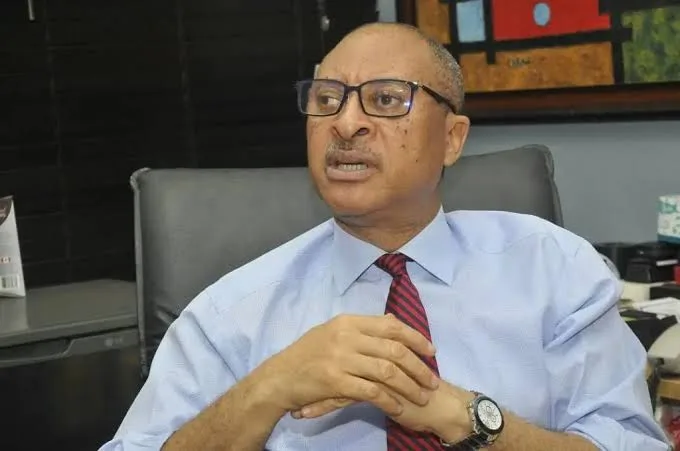Abuja, May 16, 2025 — The Department of State Services (DSS) has filed a lawsuit at the Federal High Court in Abuja against political economist and former presidential adviser, Professor Pat Utomi, over his alleged plan to establish a “shadow government” in Nigeria.
In court documents submitted on May 13, the DSS described Utomi’s initiative as a direct affront to the Nigerian Constitution and a calculated attempt to destabilize the country. The suit, filed through the office of Senior Advocate of Nigeria, Akinlolu Kehinde, seeks a judicial declaration that the move amounts to an unlawful challenge to the authority of the democratically elected government.
According to the DSS, the proposal to create a shadow government—a concept typically used in parliamentary systems by opposition parties to mirror and critique the actions of the sitting government—has no legal foundation under Nigerian law. The agency argued that such a move is not only unconstitutional but also dangerous, warning that it could incite unrest and undermine national stability.
“The formation of a parallel administrative structure, under any guise, is an aberration within the context of Nigeria’s presidential democracy,” the DSS stated in its filing. “Such actions amount to a grave attack on the Constitution and pose a serious threat to national security.”
The court filing suggests that the DSS believes Utomi’s alleged actions could potentially incite civil disobedience and erode confidence in the legitimacy of the federal government. The suit calls for the court to formally restrain any such plans and declare them unconstitutional.
Read More:
DSS arrests ‘whistleblower’ Mahdi Shehu over false French military base claim
DSS arrests ex-Ogun PDP gov candidate, Ladi Adebutu
DSS interrogates Lagos lawmakers over Obasa;s removal
As of the time of this report, the case has not yet been assigned to a judge, and no official date has been set for hearing.
Neither Professor Utomi nor his representatives have responded publicly to the suit. Attempts to reach his media team for comment were unsuccessful.
The development has sparked mixed reactions across political circles, with some calling it a necessary step to preserve constitutional order, while others view it as an overreach that could stifle legitimate dissent.



